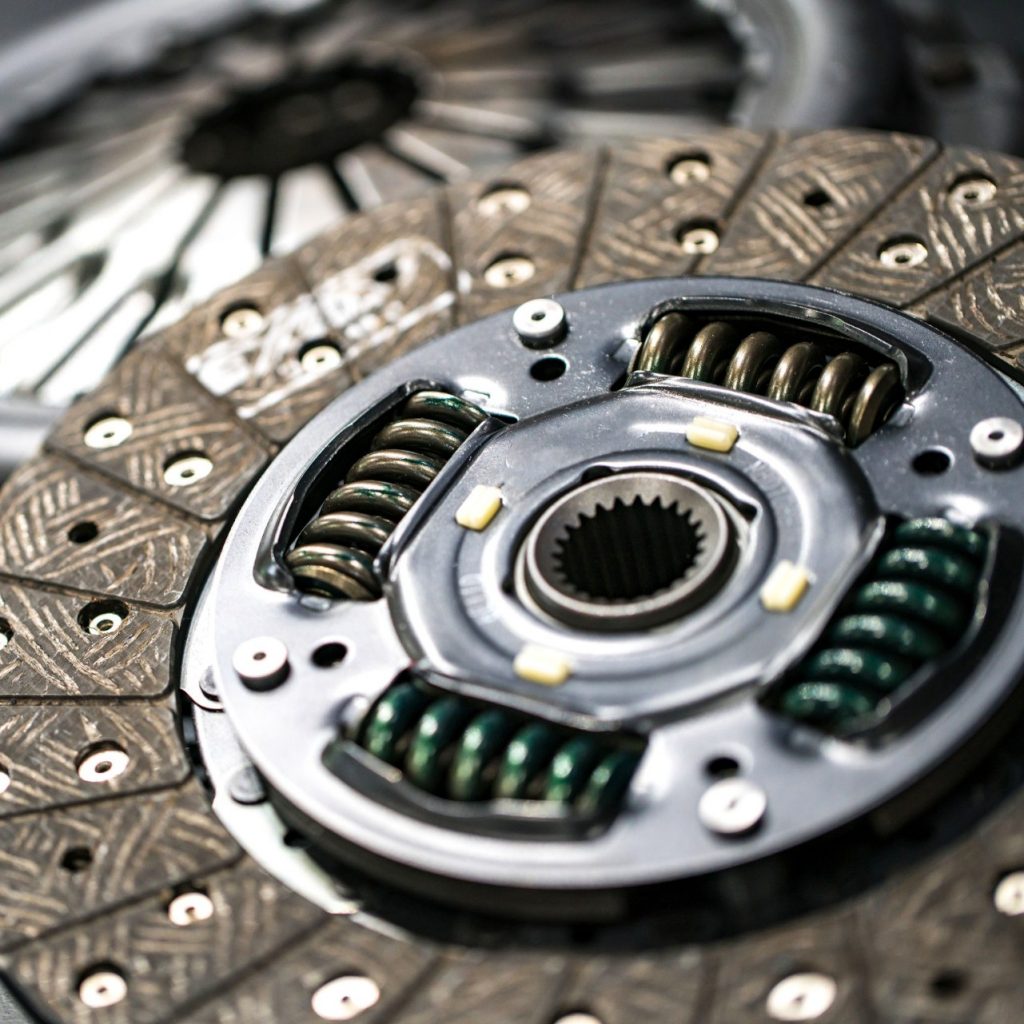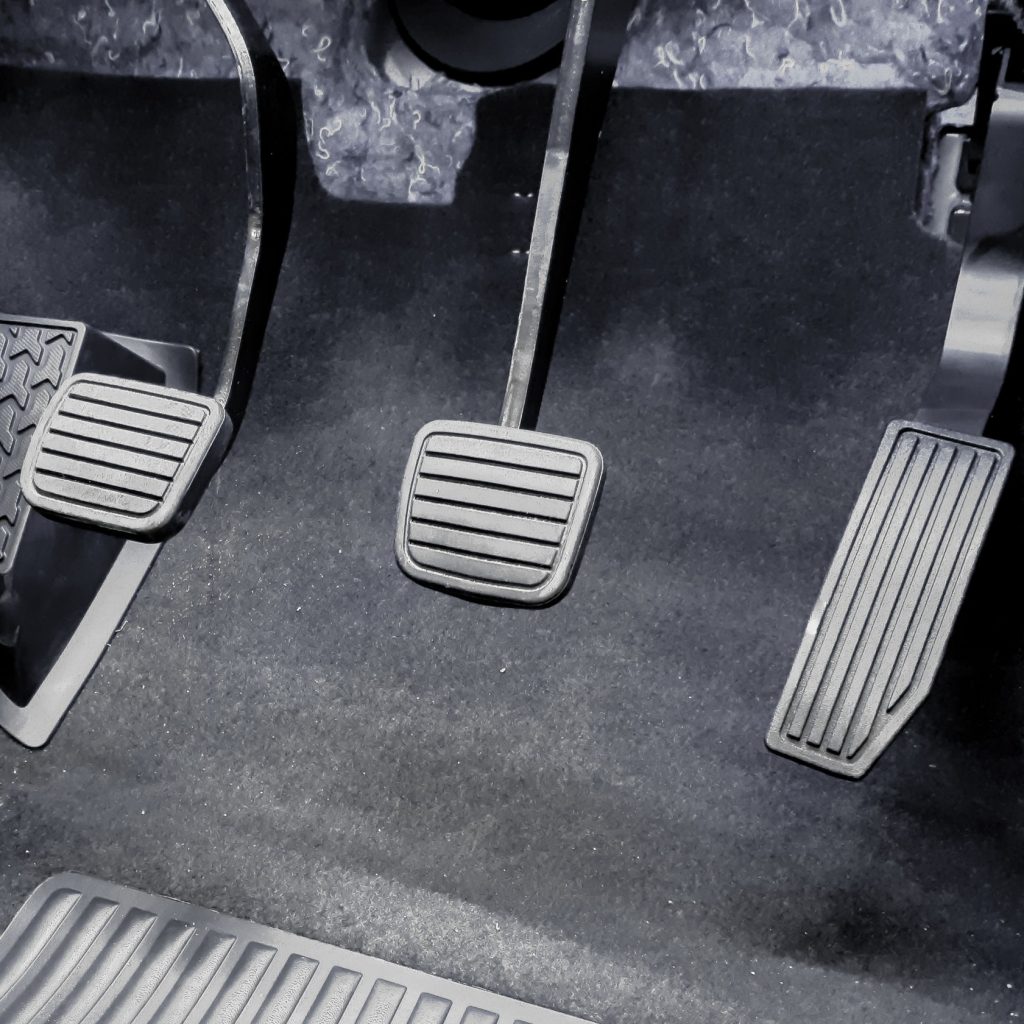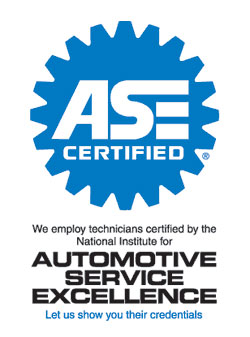
Manual Clutch Issues
If you know how to drive a manual shift car, you are familiar with what a car clutch is, and you probably have some idea how it works and why it is important to have it working properly. For a manual shift, the car clutch and brake are important in making the car take off and stop, and if either or both have a problem, getting the car to the repair shop is important.
Then, you may know how to drive s manual shift car, but you don’t know much about the car clutch. The more you know about this important mechanism, the better, and the answers to the following questions will give you that much more knowledge.
What are the symptoms of a bad clutch?
A car clutch is a hard-working part of your car. You press the clutch pedal in, and it transfers energy to disengage the transmission so that you can shift gears. Then you let the clutch pedal up, and the power then transfers to the engine and your car goes. Over time, it wears out and goes bad. How can you tell it is time to replace your car clutch?
- The Engine Is Moving but The Car Isn’t: This is called “clutch slippage” which happens when the clutch can’t generate friction make the flywheel turn.
- Car is Noisy Until You Press the Clutch Pedal Down: This is usually a worn-out bearing in the input shaft.
- Pressing the Car Clutch It Chirps or Squeals: This is typically a pilot bearing, release bearing, or throw-out bearing that has worn out or needs lubricating.
- Loud Grinding Noise: This is the car clutch dragging and could be the pressure plate, release mechanism, or throw-out bearing.
- Car Won’t Go In Gear: If the car clutch pedal isn’t feeling right when you push it in or doesn’t seem to “catch”, it isn’t connecting to the transmission.
- Noisy Car Clutch Pedal: A clutch pedal that is noisy when pressed and quiets when you let it back up usually indicates the clutch needs replacing.
- Acceleration is Noisy: This happens if the car clutch can’t get good engagement with the flywheel.
Can you drive without a clutch?
You can, but you risk damaging the car clutch and other components beyond repair. The car clutch connects and disconnects the engine and transmission each time you shift gears. If the clutch fails, that connection doesn’t happen, and you cannot shift gears in the normal fashion. You can continue driving your vehicle through until you bring the car to a stop and this should only be an emergency to get your car to a safe place.
Can a clutch fail suddenly?
Fortunately, car clutch failure will begin showing issues slowly, giving you a fair amount of time to have your car clutch checked and repaired before it goes completely out. Therefore, you should have knowledge of clutch issues so you can be aware of when it needs servicing.
The car clutch discs get thinner as they wear from the friction, the springs will get weak, and all of this will allow the clutch to slip. However, a car clutch that suddenly fails is usually from something contaminating the friction area of the clutch, like an oil leak.
How much time does it take to replace a clutch?
There are several factors that can affect the time to replace a car clutch. In the perfect mechanical world, four hours would be sufficient time, but it can take as long as 8 to 10 hours, with the average time being around 5 or 6 hours. Factors that determine the time to replace a car clutch are:
- Transmission: Manual transmissions car clutch will have more parts but are less complex and less expensive.
- FWD or RWD: Front Wheel Drive (FWD) cars and trucks are more menacing compared to Rear Wheel Drive (RWD) cars and trucks.
- Kit or Components: A clutch kit will have every clutch component in it, making it easier, faster, and often less expensive to replace.
- Mileage: A car clutch with less than 50,000 miles will be in a better condition and easier to work on than a car clutch with 100,000 miles.
- Tools: An experienced mechanic in a shop will have every tool known and will repair or replace a car clutch without having to be crafty. However, a shade-tree-mechanic can make do with what they have and rebuild an entire engine with two screwdrivers, some sockets, and a pair of pliers.
- Experience: If you are the DIY kind of person, awesome, go for it and give yourself plenty of time. However, the experience of a mechanic will give you a guarantee and warranty, and peace of mind.
- Specialty Vehicles: Specialty vehicles will often have specialized car clutch and require components a more basic car clutch does, like dual-clutch system extra gears or valves.
How many miles does a clutch last?
It can be a difficult question to answer this question because it depends on the driving style of the main driver. Most car clutches will last approximately up to 60,000 miles while others need a new car clutch at 30,000 miles. Then there are the rare car clutches that last 100,000 or more.

What causes a car clutch to burn out?
When your car smells like a clutch, your car clutch may be or will soon be “burned out”, meaning the constant friction of the clutch being attached to the flywheel has worn out and isn’t engaging and disengaging the engine and transmission as smoothly as it should. You may notice the car clutch is tight, which will often happen just before it goes completely out.
If you drive a standard shift vehicle, you will know the feel and sound of your car better than anyone that drives an automatic transmission car. This is because you’re engaging in its operation by pushing in and letting out the car clutch pedal. Call 941-493-6511 today for clutch repair in Venice, FL.


